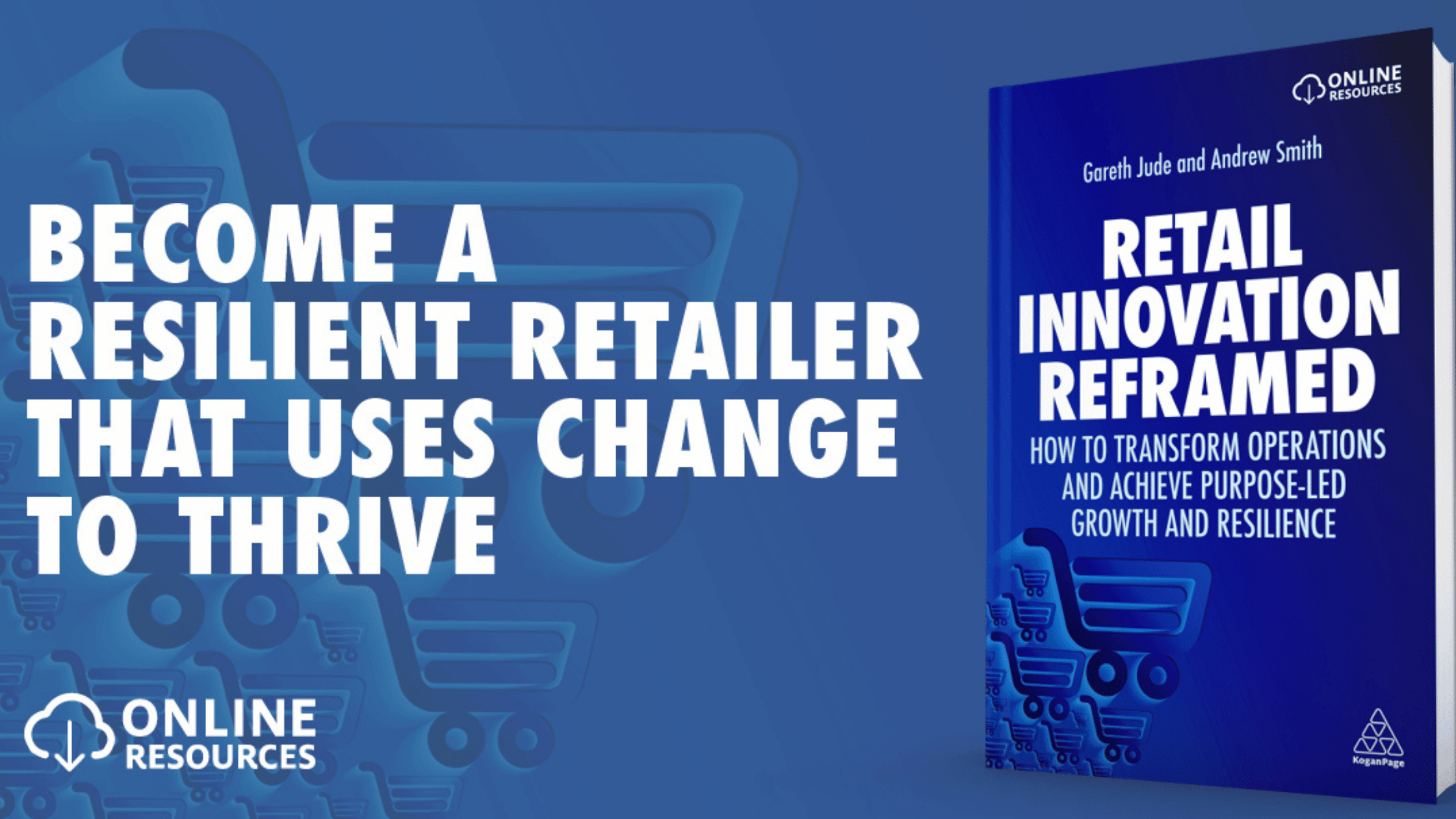Despite the deep challenges of the pandemic – or perhaps because of it – it’s fair to say that in 2021 retail as a whole is seen to be thriving. It’s easy to forget that before Covid-19, our sector was often in the news for all the wrong reasons.
In 2019, there was a very negative narrative surrounding the industry. It was fuelled by media reports that pronounced the imminent death of the industry. This was validated by the large number of high-profile business failures and reinforced by retailers and their industry bodies who turned to supply side issues not growth as their strategy for success.
There was a feeling that established retailers were helpless in face of online giants like Amazon and Alibaba. And although there was plenty of advice in books, research papers, white papers and conferences about what retailers should be doing to adapt few seemed to be doing anything about it.
The negative narrative was damaging. It discouraged talented young people choosing retail as a career and it stymied investment.
But the facts belied the negative narrative. Retail wasn’t dying, in fact it was growing and for every high-profile business failure there was a retail success. In each case the winner was the business that had been more adaptable or innovative. The perpetual winners like Amazon, Wal Mart, Nike and Starbucks had innovation woven into the operating fabric of their business. Doubling down on traditional tactics like increased marketing spend, cost cutting or just trying harder are no match for a competitor who brings new value to market. It’s why Netflix were able to usurp Blockbuster, why Wal Mart dethroned Sears and in Australia why Dominos dominated Pizza Hut at the end of the last decade.
What are the roadblocks to innovation?
With so many retail success stories founded on innovation why weren’t more retailers innovating?
Innovation has never been retail’s first language. The first language of retail is execution. The people that progress in retail are the ones that get the stock out, get it ticketed, balance the till, make sure every customer is served and do it now. Many retailers believe, quite rightly, that you never get today back and that means management’s focus is primarily on today rather than tomorrow.
While retailers sometimes struggle with innovation, they thrive on process. It’s the only way businesses that operate in multiple sites with thousands of transactions and thin operating margins can hope to survive. This means, if retail innovation could be reframed as a process then retailers could become innovation masters.
Covid -19 and Beyond
During covid-19 the retail industry showed its value to the world and the people that worked in it felt pride in what they had done. Retailers showed that with their backs to the wall they can actually innovate at speed. By some estimates, 10 years of digital innovation took place in 10 months. This made the industry feel empowered.
It was also a year of record sales and profits for many retailers. Nothing improves morale like beating targets and having money in the bank.
2020 was an unusual year for retailers but not an aberration. As long as the world keeps changing retailers will need to innovate. In 2021 Economists are predicting a “K” shaped recovery in which the employed and well off prosper while the unemployed and poor get poorer. Discretionary spend will return to non-retail categories like travel. Consumers are re-assessing their buying habits after having experienced new ways of shopping during the pandemic. Technology keeps developing and offering new ways to serve customers better and run businesses more efficiently. Retailers that survived 2020 should be congratulated but they cannot take a break from innovation in 2021.
After the pride, empowerment, and profits of 2020 it would be a backward step for the retail industry to revert to its old habits and for the negative ‘death of retail’ narrative to return. In the past it’s been all too common after a burst of innovation for retailers to have a rest, enjoy some hubris and revert to cost cutting to achieve results.
Retailers have a prerogative to innovate. When they do, they win customers, increase opportunities for their team and partners and ultimately increase sales and profits.
Now is the time for retailers to capitalise on the achievements of 2020 and make innovation systemic and perpetual and change the narrative about the industry permanently.
Our new book Retail Innovation Reframed has been written to help retailers achieve this. It’s a step by step, “how to” guide to process driven retail innovation.
About the author: Gareth Jude is CEO of ThinkUncommon and the co-author of Retail Innovation Reframed. Gareth Jude spoke at the ARA Leaders Forum on 17 March 2021.





















